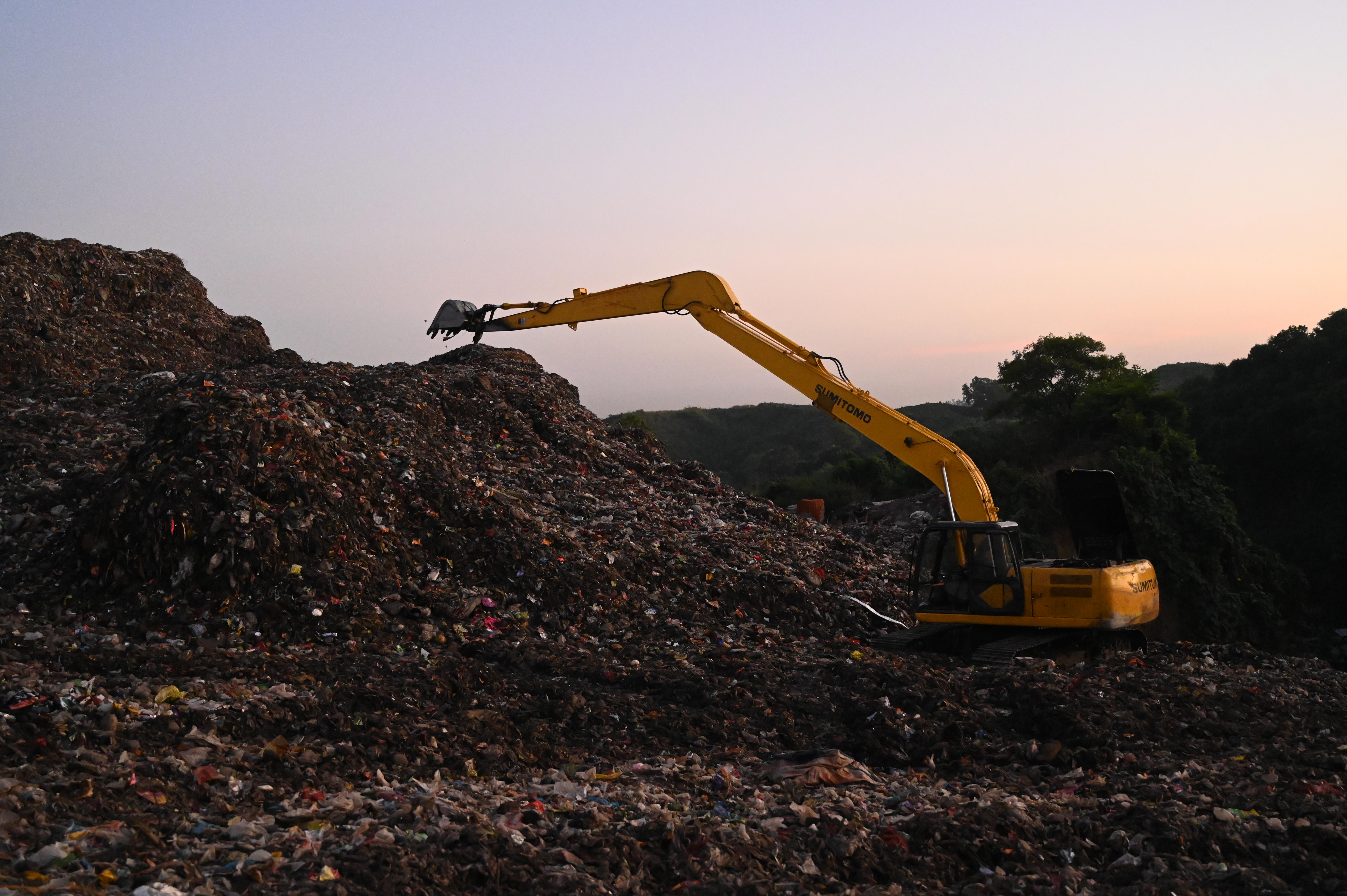What is ESG?
ESG, or Environmental, Social, and Governance, refers to a set of standards and principles that companies use to evaluate their impact on the environment, society, and corporate governance. The ESG framework has become increasingly important in recent years as more and more investors, customers, and other stakeholders are demanding that companies take responsibility for their actions and consider the broader impact of their operations.
The roots of the ESG framework can be traced back to the socially responsible investing movement of the 1960s and 1970s. This movement was focused on using investments to promote social and environmental goals, and it laid the groundwork for the ESG framework we see today. In the 1990s, the concept of sustainability emerged, which highlighted the importance of balancing economic, environmental, and social considerations in business decision-making. The term ESG was first used in the early 2000s and has since become a widely recognized standard for measuring corporate responsibility.
The ESG framework covers a wide range of issues, including climate change, resource depletion, labor standards, human rights, data privacy, and board diversity. Companies that incorporate ESG into their operations are seen as more responsible and are often rewarded with higher valuations, lower borrowing costs, and increased customer loyalty.
According to a recent report by the Global Sustainable Investment Alliance, sustainable investments reached $35.3 trillion in 2020, up from $30.7 trillion in 2018. This trend is expected to continue as more investors recognize the importance of ESG considerations in their investment decisions.



